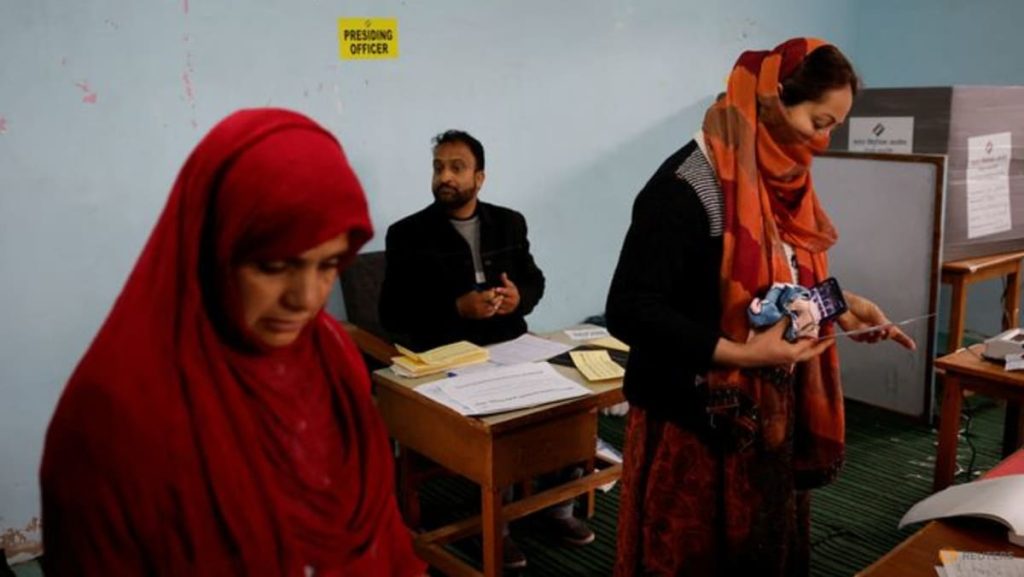Kashmir remains one of the most militarized regions in the world, with tensions running high between India and Pakistan over the disputed territory. The Bharatiya Janata Party (BJP) has been working to increase its support base in Kashmir, despite not contesting in any of the three seats in the region. Prime Minister Narendra Modi has claimed that Kashmiris support the removal of the special status of the region, but experts believe that a defeat for the BJP in Kashmir would have significant implications for Modi’s reputation.
While the BJP is not contesting in Kashmir, the party has fielded candidates in Hindu-majority Jammu and Ladakh, both of which were won by the party in the previous election. The ruling party has also been vocal about its desire to bring Pakistan-administered Kashmir under India’s control, a move that local leaders warn could escalate tensions in the region and provoke a response from the Pakistani army. The BJP’s strategy in Kashmir and its larger goals in the region are causing concern among experts.
Experts believe that voter turnout in the upcoming election will be a key indicator of local sentiment in Kashmir. In the 2019 election, voter turnout in the region was less than 40 per cent, reflecting widespread disillusionment and disengagement among the local population. The BJP’s attempts to increase its support in the region have been met with skepticism by some, who question the party’s intentions and its approach to resolving the long-standing conflict in Kashmir. The lack of participation by the BJP in Kashmir suggests a complex political landscape in the region.
The BJP’s decision not to contest in Kashmir has been seen as a strategic move to avoid a potential defeat that could have implications for Modi’s leadership. By focusing on seats in Hindu-majority Jammu and Ladakh, the party is aiming to consolidate its support among these communities while avoiding the challenges of contesting in a region where sentiments are deeply divided. The BJP’s efforts to expand its influence in Kashmir and assert control over the region through rhetoric about Pakistan-administered Kashmir have raised concerns about the potential for further escalation in the conflict.
Overall, the situation in Kashmir remains deeply complex and volatile, with tensions between India and Pakistan showing no signs of easing. The BJP’s strategy in the region and its efforts to increase its support base among different communities reflect the broader political dynamics at play in the region. As the region prepares for the upcoming election, the question of local sentiment and the potential for further conflict loom large, with experts closely watching the developments and outcomes in Kashmir. The future of the region remains uncertain, with the BJP’s actions and rhetoric adding complexity to an already fraught situation.


